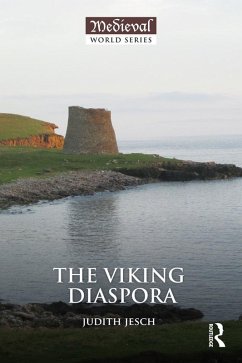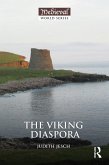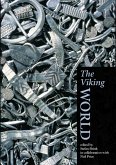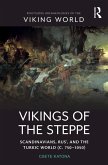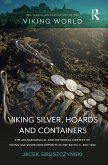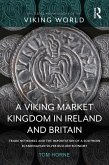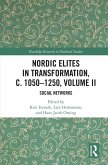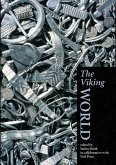Rather than the movements of armies, this book concentrates on the movements of people and the shared heritage and culture that connected them. This on-going contact throughout half a millennium can be traced in the laws, literatures, material culture and even environment of the various regions of the Viking diaspora. Judith Jesch considers all of these connections, and highlights in detail significant forms of cultural contact including gender, beliefs and identities.
Beginning with an overview of Vikings and the Viking Age, the nature of the evidence available, and a full exploration of the concept of 'diaspora', the book then provides a detailed demonstration of the appropriateness of the term to the world peopled by Scandinavians. This book is the first to explain Scandinavian expansion using this model, and presents the Viking Age in a new and exciting way for students of Vikings and medieval history.
Dieser Download kann aus rechtlichen Gründen nur mit Rechnungsadresse in A, B, BG, CY, CZ, D, DK, EW, E, FIN, F, GR, HR, H, IRL, I, LT, L, LR, M, NL, PL, P, R, S, SLO, SK ausgeliefert werden.
Oren Falk, Cornell University, USA
"Judith Jesch's The Viking Diaspora is a fresh look at an significant aspect of the Viking Age. Students and established scholars alike will learn much from this widely-ranging examination of settlement and cultural cohesion. With a narrative that is complimented by case studies of specific topics such as steatite or Valkyries, Jesch takes her readers beyond the popular perception of the Vikings and gives an important assessment of their community."
Benjamin Hudson, Pennsylvania State University, USA
"An excellent study not just of the Viking diaspora per se, but also of the relevance of this term to the period of Viking expansion and its aftermath. A genuinely interdisciplinary text, it avoids pedestrian historical narrative in favour of an approach that combines natural, artefactual and linguistic evidence to explore themes such as gender and family, religion, networks and identity. A fresh approach to Viking migration, settlement and diaspora."
Stephen H. Harrison, University of Glasgow, UK

